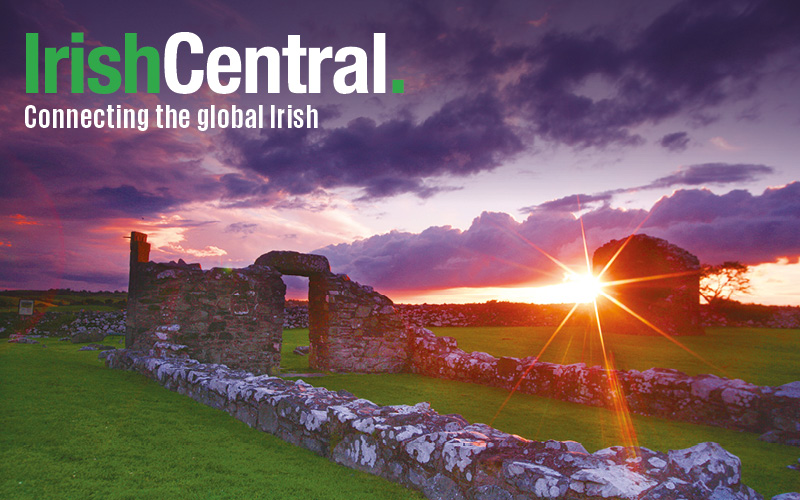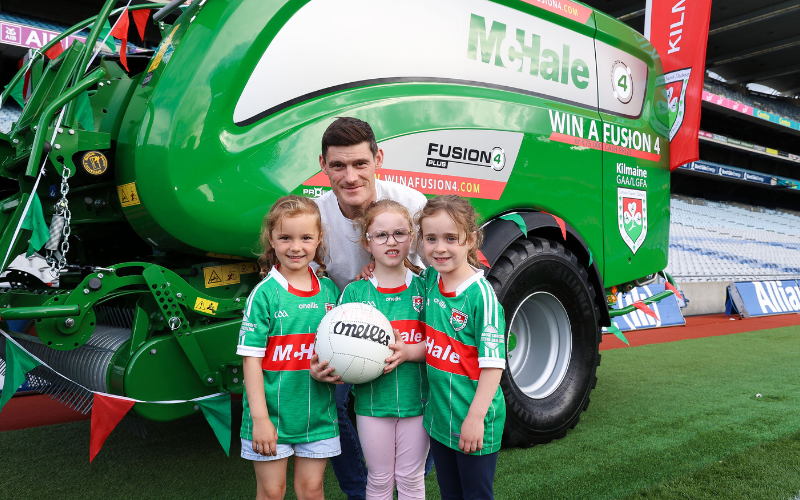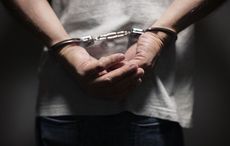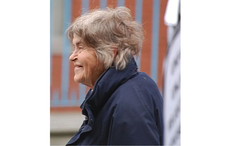Background: A journalist for over 20 years, Sarah Crowe has worked in 3 continents for various media like BBC, Sky News, the Independent, London Sunday Times, Christian Science Monitor and SABC. She recently moved from India and is UNICEF's spokesperson at New York HQ.
Tell us a little about your Irish background.
“Both my parents are from in and around Galway, the Maloneys and the Crowes, both large, Catholic families, most of whom stayed in Galway. The story my father told (he was a fine story teller and a “man of letters” as he liked to say), was that his father found him having far too much fun rowing on the Corrib with some pretty young things one day instead of studying medicine at Galway University and banished him as it were. My grandfather never lived long enough to tell us his side of that particular tale. Either way Myles Crowe spread his wings and traveled widely – Australia, Fiji, Canada, different parts of Africa.
“My mother is now 92 years old and living in Galway along with my two sisters.”
What is the most memorable story you have ever covered?
“In the mid-nineties, just before Nelson Mandela had made the remarkable transition from prisoner to president, South Africa had begun to turn in on itself and was really on a knife’s edge. There was a murky state-sponsored third force stirring things up in the townships, and at nightfall those areas would became a full-on battleground. So to really portray what was going on, we had to be there on the inside, witness and film the reality from all sides – patrolling with the police, with the young African National Congress, ANC, “comrades” and with Inkatha (mostly traditional Zulus) forces.
“So we slept in men’s hostels, but I was six months pregnant at the time and had to go around with a bullet proof vest over my ever-growing belly. The reactions I had from each side were so vastly different it could have been a documentary all to itself – the white Afrikaner policemen thought my Swedish husband was very wayward to “let me out like that” and were very protective; the traditionalists thought I was a beautiful, fertile embodiment of femininity, the ANC types thought it was completely normal that I was there and many of my British media colleagues were too embarrassed to mention “my condition.”
“Around the same time I had an exclusive interview with Mandela on his divorce with Winnie, and it was quite strange and rather intimate. It was almost like he was confiding in me and not talking to a huge television audience. That was truly memorable. “
You recently moved to New York. How has the transition been?
“Not unlike Delhi insofar as it’s an intense, energetic city. While of course it’s vastly differently it also takes some adjustment coming here from the field. I never really knew the city so it’s been a new discovery and a good one.”
What is the most challenging thing about your current role with UNICEF?
“We have a saying here that goes ;if only UNICEF knows what UNICEF knows.’ Because children are everybody’s business or at least should be, we work with governments, businesses, NGOs, foundations, celebrities, sports groups, universities and we’re on the ground in 190 countries, UNICEF has its tentacles everywhere that involves children – health, education, protection, nutrition, water and sanitation, emergencies. And yet we are decentralized, so finding out exactly what we are doing where at any given time, and then translating that into clear language is quite a challenge.”
Interview by Molly Muldoon




Comments